DATE 2020 in Grenoble: Highlighting Embedded AI and Silicon Photonics
Out of a total of 748 paper submissions received, a large share (39%) is coming from authors in Europe, 27% of submissions are from the Americas, 33% from Asia, and 1% from the rest of the world. Submissions involved more than 2400 authors from 45 different countries. This distribution clearly demonstrates DATE’s international character, global reach and impact.
In the D track, the largest number of papers were received in Topics D14 – “Emerging Design Technologies for Future Memories”, DT6 – “Design and Test of Secure Systems”, and D10 – “Approximate Computing”. For the A track, Topic A5 – “Secure Systems, Circuits, and Architectures” scored the highest number of submissions, similarly Topic T1 – “Modelling and Mitigation of Defects, Faults, Variability, and Reliability” for the T track, and finally Topic E2 – “Embedded Systems for Deep Learning” for the E track.
For the 23rd year in a row, DATE has prepared an exciting technical programme. With the help of the 328 members of the Technical Programme Committee, who carried out 3014 reviews (mostly four reviews per submission), 196 papers (26%) were finally selected for regular presentation and 82 additional ones (cumulatively 37%, including all papers) for interactive presentation.
DATE 2020 programme will include five keynote talks. Two visionary talks will be given during the opening ceremony: one from Philippe Magarshack, Corporate Vice President at ST Microelectronics, and one from Luca Benini, chair of digital Circuits and Systems at ETH Zurich and Professor at University of Bologna. Moreover, three luncheon keynotes will inspire the attendees: on Tuesday, Catherine Schumann from Oak Ridge National Laboratory will talk about neuromorphic computing; on Wednesday, Jim Tung will present Mathworks’ vision on how to leverage Embedded Intelligence in Industry; on Thursday, Joachim Schultze from DZNE will talk about bottlenecks and challenges for HPC in medicinal and genomics research.
The conference programme includes several executive and hot-topic sessions, addressing Memories for Emerging Applications, Architectures for Emerging Technologies (Quantum Computing, Edge Computing, Neural Algorithms, In-Memory Computing, Bio-Inspired Adaptive Hardware), Hardware Security, 3D Integration and Logic Reasoning for Functional ECO.
On the first day of the DATE week, seven in-depth technical tutorials on the main topics of DATE as well as one industry hands-on tutorial will be given by leading experts in their respective fields. The topics cover Early Reliability Analysis in Microprocessor Systems, AI Chip Technologies and DFT Methodologies, Data Analytics for Scalable Computing Systems Design, Security in the Post-Quantum Era, Industrial Control Systems Security, HW/SW codesign of Heterogeneous Parallel dedicated Systems, Evolutionary computing for EDA, and the Deployment of deep learning networks on FPGA (Mathworks).
On Friday, 8 full-day workshops cover several hot topics from areas like Autonomous Systems Design, Optical/Photonic Interconnects, Computation-In-Memory, Design Automation for Understanding Hardware Designs, Open-Source Design Automation, Stochastic Computing for Neuromorphic Architectures, Hardware Security and Quantum Computing.
Two Special Days in the programme will focus on areas bringing new challenges to the system design community: Embedded AI and Silicon Photonics. Each of the Special Days will have a full programme of keynotes, panels, tutorials and technical presentations.
More in detail, the Special Day on Embedded Artificial Intelligence will cover new trends in cognitive algorithms, hardware architectures, software designs, emerging device technologies as well as the application space for deploying AI into edge devices. The topics will include technical areas to enable the realization of embedded artificial intelligence on specialized chips, such as bio-inspired chips, with and without self-learning capabilities, special low-power accelerator chips for aiding in vector/matrix-based computations, convolution and deep-net chips for possible machine learning, cognitive, and perception applications in health, automotive, robotics, or smart cities applications.
The Special Day on Silicon Photonics will focus on data communication via photonics for both data centre/high-performance computing and optical networks on chip applications. Industrial and academic experts will highlight recent advances on devices and integrated circuits. The sessions will also feature talks on design automation and link-level simulations. Other applications of silicon photonics such as sensing and optical compute will also be discussed.
A timely Special Initiative “Autonomous Systems Design – Automated Vehicles and beyond” on Thursday and Friday will include reviewed and invited papers as well as working sessions.
To inform attendees on commercial and design-related topics, there will be a full programme in the Exhibition Theatre which will combine presentations by exhibiting companies, best-practice reports by industry leaders on their latest design projects and selected conference special sessions.
The conference is complemented by an exhibition, running for three days (Tuesday – Thursday), including exhibition booths from companies, and collaborative research initiatives including EU project presentations. The exhibition provides a unique networking opportunity and is the perfect venue for industries to meet University Professors to foster University Programmes and especially for PhD Students to meet future employers.
The conference online registration is now open, and the complete advance programme will be available on the DATE website starting from December 2019.
DATE 2020 Press Contacts
General Chair
Giorgio Di Natale, CNRS/TIMA, FR
giorgio [dot] di-natale univ-grenoble-alpes [dot] fr (giorgio[dot]di-natale[at]univ-grenoble-alpes[dot]fr)
univ-grenoble-alpes [dot] fr (giorgio[dot]di-natale[at]univ-grenoble-alpes[dot]fr)
Programme Chair
Cristiana Bolchini, Politecnico di Milano, IT
papers date-conference [dot] com (papers[at]date-conference[dot]com)
date-conference [dot] com (papers[at]date-conference[dot]com)
Press and Publicity Chair
Fabien Clermidy, CEA, FR
fabien [dot] clermidy cea [dot] fr (fabien[dot]clermidy[at]cea[dot]fr)
cea [dot] fr (fabien[dot]clermidy[at]cea[dot]fr)
Exhibition Theatre Chair
Jürgen Haase, edacentrum, DE
exhibition-theatre date-conference [dot] com (exhibition-theatre[at]date-conference[dot]com)
date-conference [dot] com (exhibition-theatre[at]date-conference[dot]com)
Local Arrangements/ICT
Wendelin Serwe, INRIA, Grenoble, FR
wendelin [dot] serwe inria [dot] fr (wendelin[dot]serwe[at]inria[dot]fr)
inria [dot] fr (wendelin[dot]serwe[at]inria[dot]fr)
Pascal Vivet, CEA, FR
pascal [dot] vivet cea [dot] fr (pascal[dot]vivet[at]cea[dot]fr)
cea [dot] fr (pascal[dot]vivet[at]cea[dot]fr)
Conference Organization - Conference Manager
Eva Smejkal, K.I.T. Group GmbH Dresden, DE
date kitdresden [dot] de (date[at]kitdresden[dot]de)
kitdresden [dot] de (date[at]kitdresden[dot]de)
phone: +49 351 65573-133
fax: +49 351 65573-299
Share this page on social media


